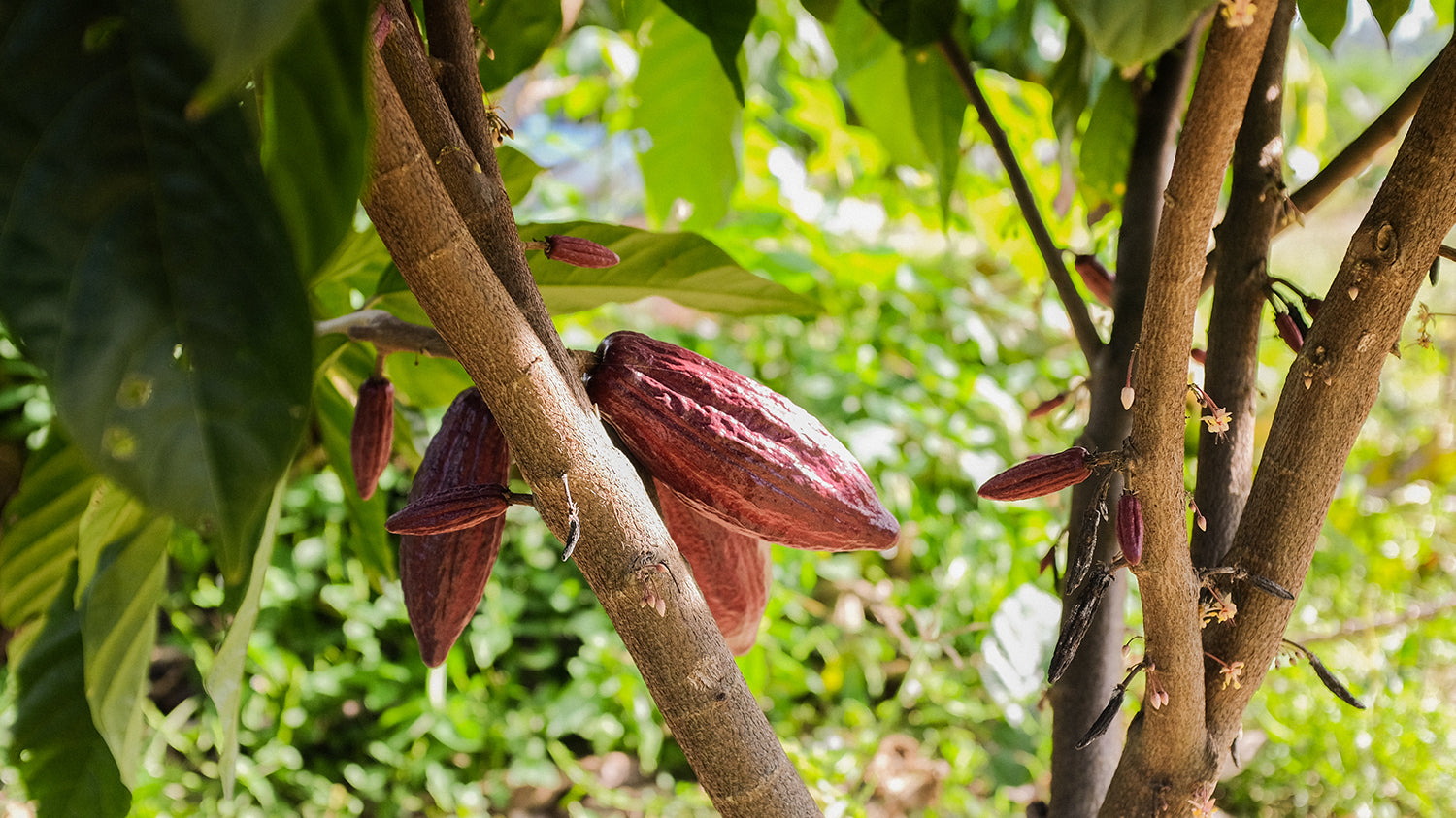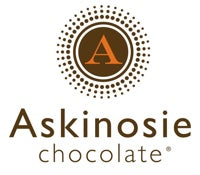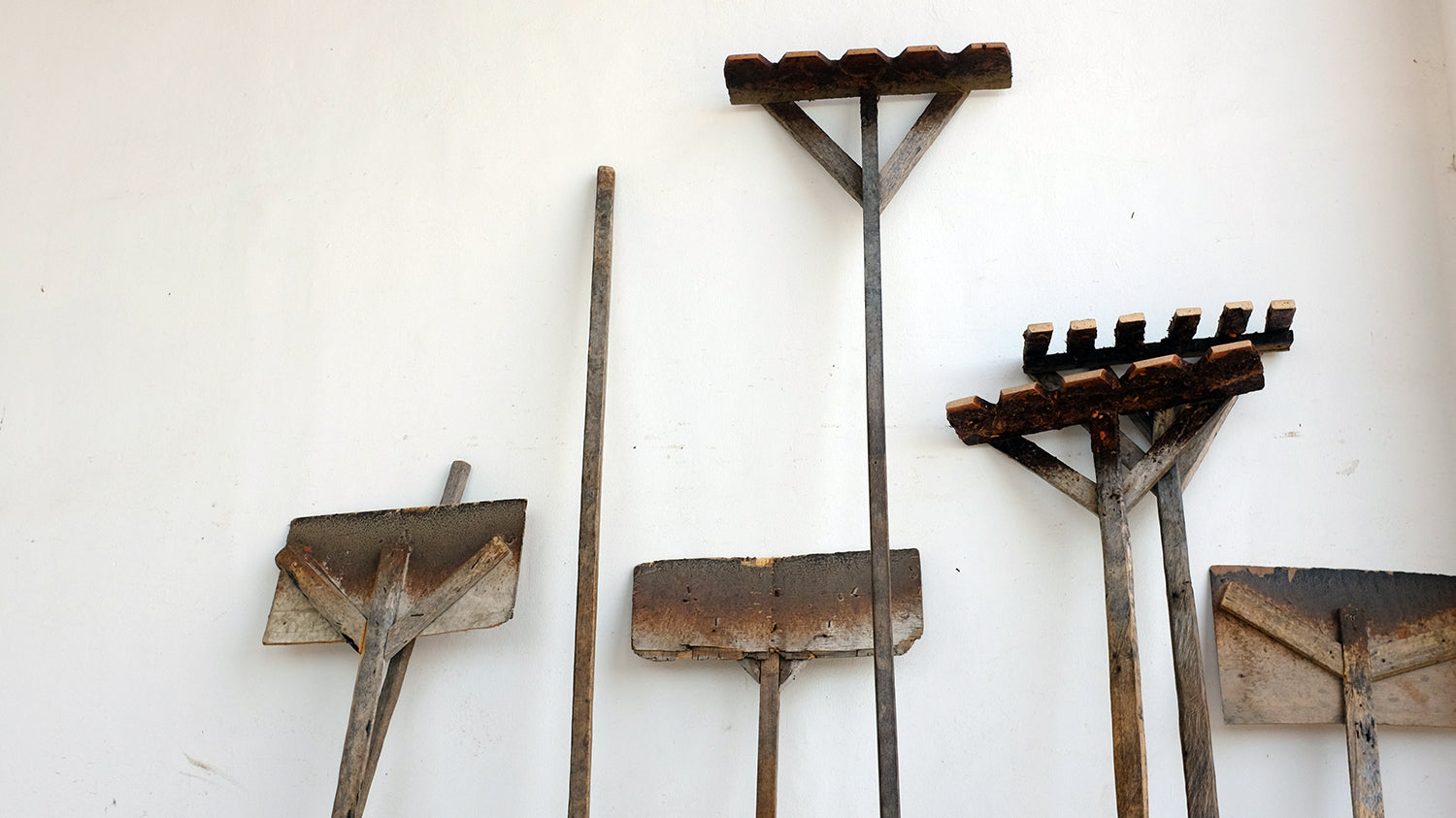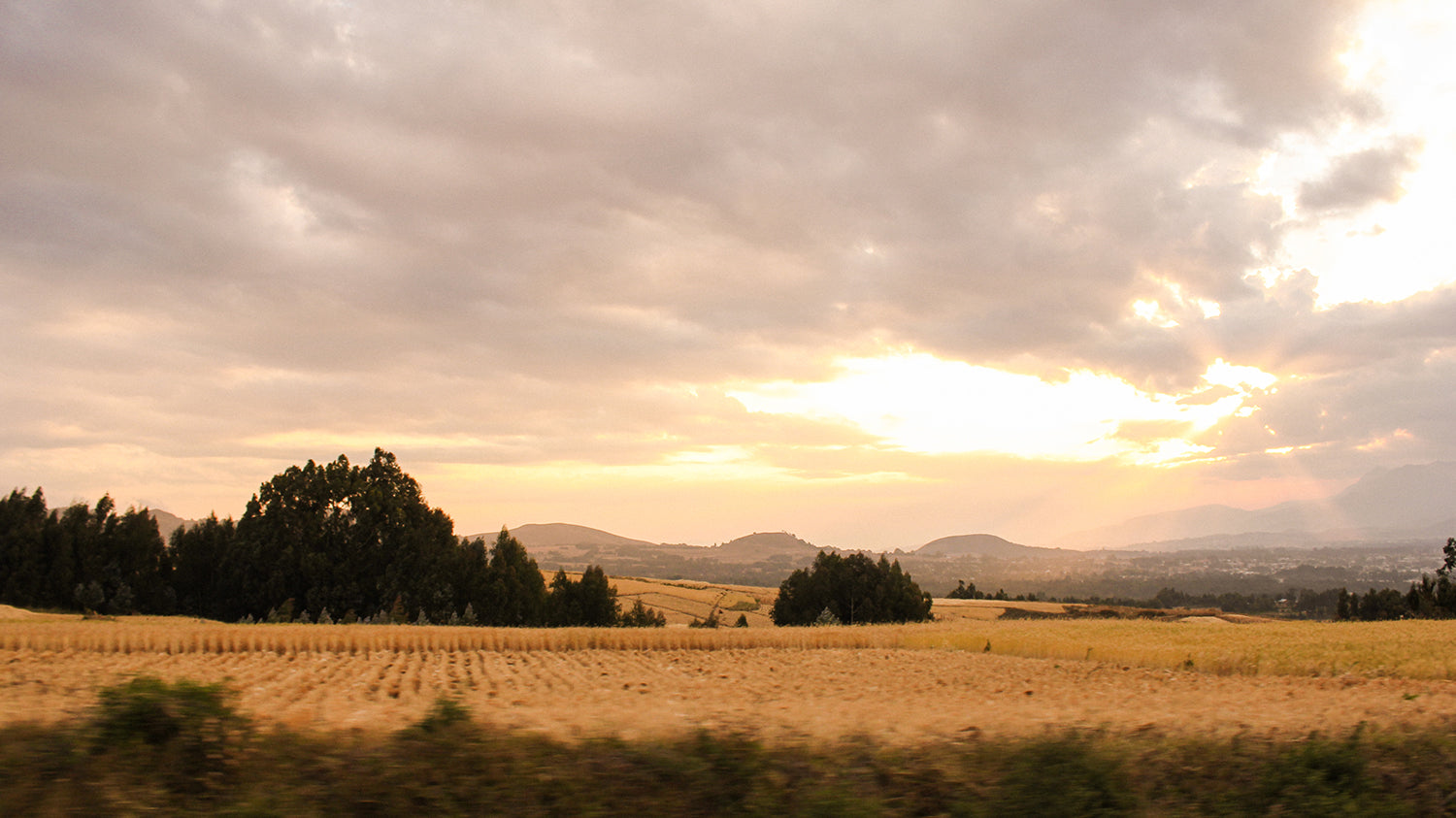
ORIGIN TRIP #29: DAVAO, PHILIPPINES- 2016

Shawn shares a few highlights from the first origin trip of 2016, visiting our farmer partners in Davao, Philippines.

One of the most important things I do when visiting cocoa farmers is inspect our beans. I can take nothing for granted! Even though we’ve been working with these fine farmers in Davao for 8 years, I take care each trip to evaluate them carefully, test random samples’ moisture content, roast them over a fire with the farmers, and taste them.

The other critical thing we do is profit share and taste chocolate. I haul cash and chocolate bars halfway across the world on each trip, to share both with the farmers. In our profit share meeting I broke down our calculations by sharing a financial statement. Then we shook hands and the co-op officers signed the document. After this, we tasted various chocolate bars I brought made with their beans, as well as past crops from Davao to discuss how we can improve the beans even more.

We’re now in our fifth year of our Sustainable Lunch Program at Malagos Elementary School, in which we feed 700 students lunch every school day with 100% of funds from the sale of Tableya—which will be back in late Spring. We’re proud to report that teachers and administrators are continuing to see a significant improvement in health and academic achievement.

I’m thrilled that Malagos is working on a sustainability plan for the beginning of 2017 when they will take the lunch program funding over themselves. This is something we’ve been working toward since the program’s inception because it’s what’s truly sustainable. We will assuredly remain involved in the school in other ways. For example, we are exploring the possibility of early intervention when new students transfer to the school or start kindergarten with signs of malnutrition.

Perhaps most exciting is the launch of our second sustainable lunch program at another local school, Baguio. The Malagos Elementary School lunch Committee agreed last January when I was here to draft a “how to” manual detailing how to do what we did together: sustainably feed lunch to 700 kids a day without donations. (Tons of stuff like budgets and menu planning). Now one year later we had our first joint meeting at the new elementary school, Baguio, this week and the cooperation between the two is better than I could have dreamed. One school in need teaching another school in need. THAT is sustainability. I’m thrilled because this new school lunch project has been exactly one year in the making and is also our 2016 Commitment to Action for the Clinton Global Initiative. We will start feeding lunch to nearly 1000 additional kids at the new school in June from the sale of Tableya (mentioned above), which will be available in late Spring.

I love seeing the care with which organic farming practices are undertaken on our farmer partners’ farms. As a natural fertilizer, they use chicken dung and rice hulls. And pruning is a big deal for them. It’s one of the most important organic practices because it helps increase yield, prevent disease, enhances the life of the tree, and it’s a best harvesting practice because it provides easier access to tree.


